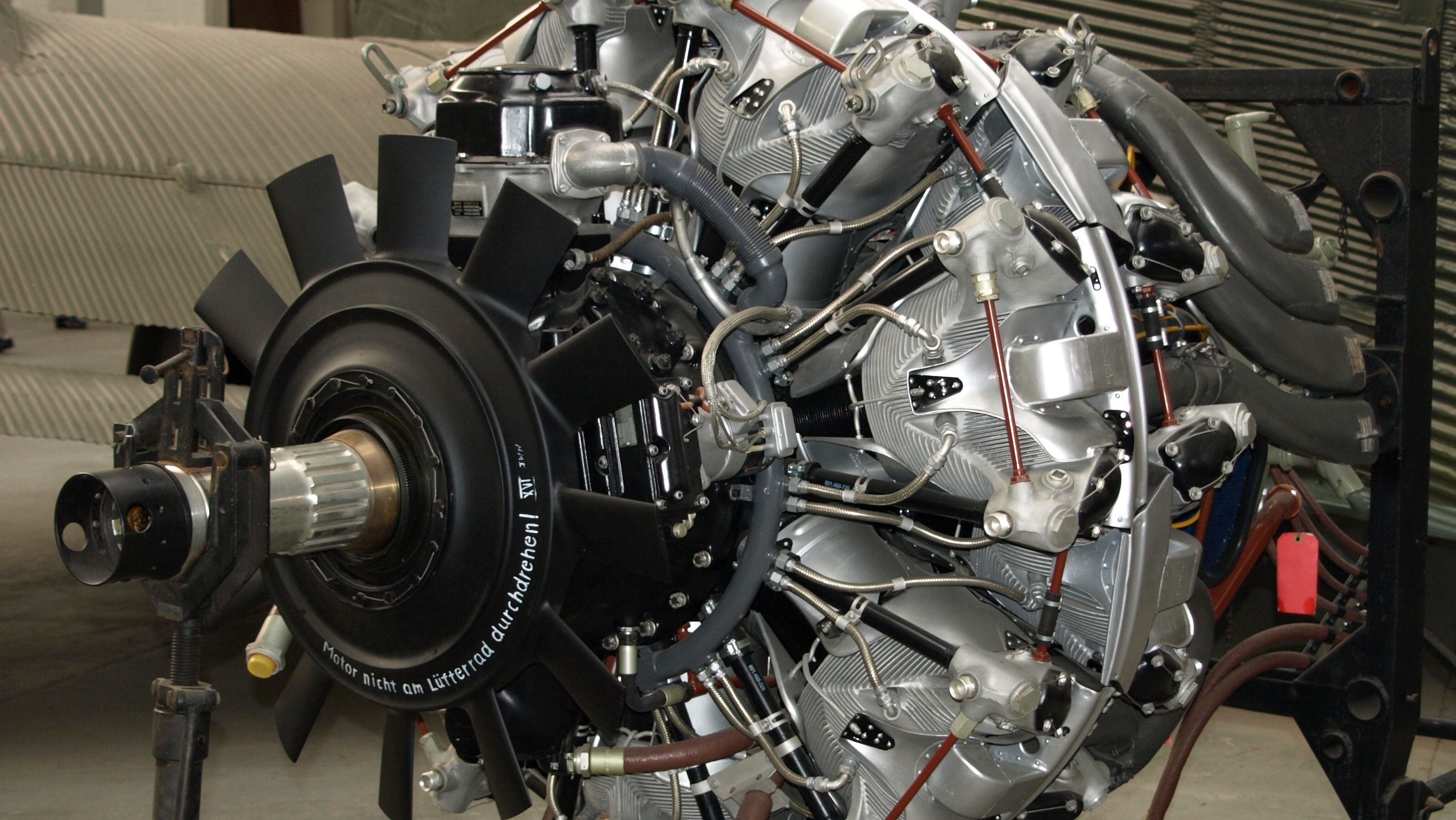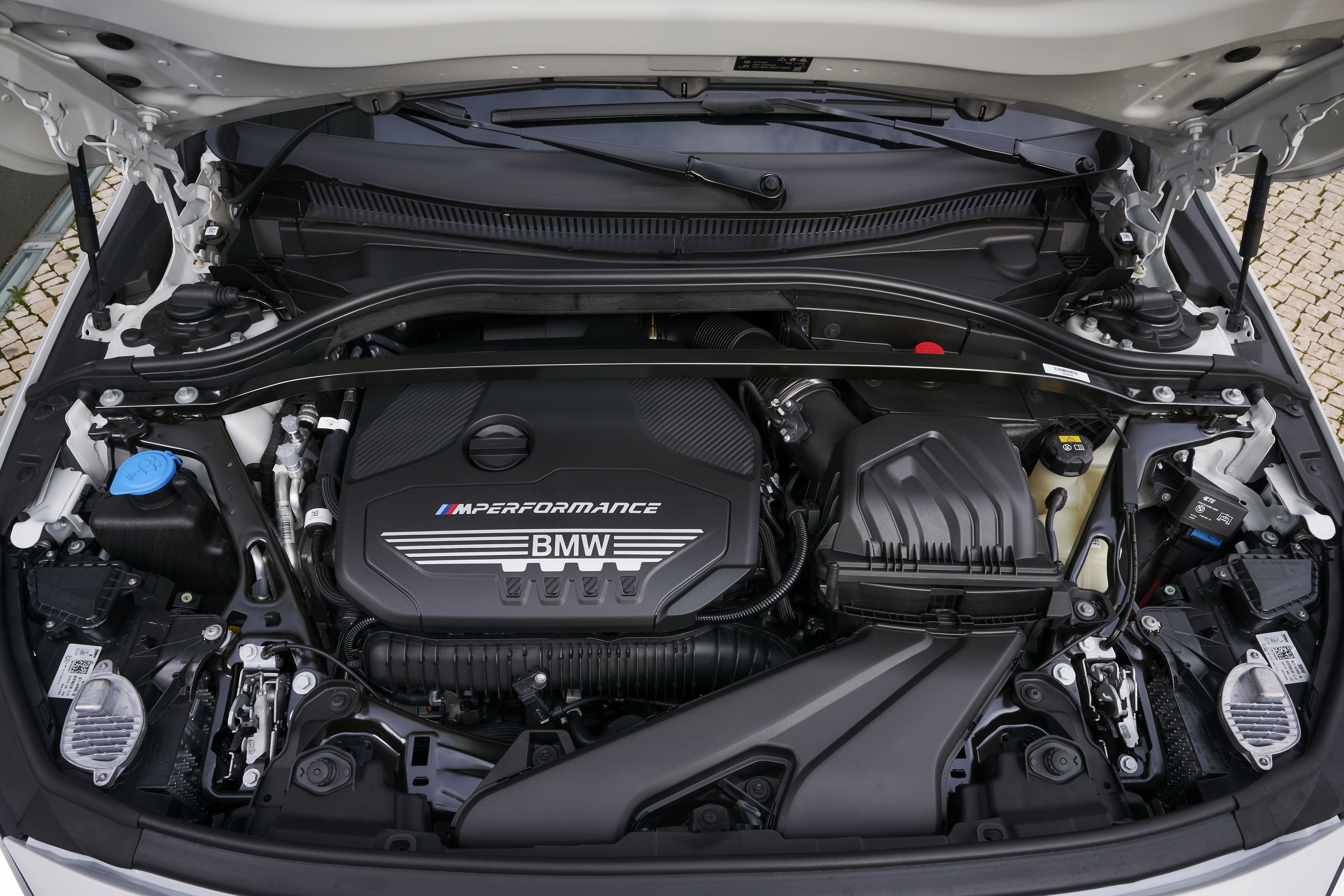Just how to Keep Your BMW Engine for Optimum Efficiency and Longevity
Just how to Keep Your BMW Engine for Optimum Efficiency and Longevity
Blog Article
Unveiling the Intricacies of Next-Generation Power Units: a Deep Dive Into Advanced Engine Styles and Innovations
In the realm of automotive engineering, the ruthless quest of efficiency, sustainability, and effectiveness has pushed the development of power units to unprecedented heights. As we base on the precipice of a new era in transport, the intricacies of next-generation engine layouts bid us to discover the innovative innovations and developments that promise to redefine the driving experience. From innovative products that press the borders of longevity and weight decrease to advanced turbocharging and turbo charging systems that boost power result to new levels, each element of these power units holds a key to opening the future of automobile engineering. Diving deeper into the worlds of exhaust control, smart engine management systems, and the horizon of power unit growth, we find ourselves on the cusp of a change that guarantees to reshape the landscape of movement as we understand it.
Development of Engine Materials

The shift towards progressed engine materials has also allowed designers to create engines with higher power outcomes while keeping gas performance criteria. For instance, using light-weight materials minimizes the general weight of the engine, bring about improved fuel economic situation and lower emissions. Furthermore, innovations in products technology have actually enabled better thermal administration within engines, causing enhanced dependability and long life.
Turbocharging and Supercharging Technologies
How do Turbocharging and Supercharging Technologies reinvent engine performance and efficiency in modern-day lorries? Turbocharging and turbo charging are innovations that considerably enhance engine efficiency by boosting the quantity of air intake right into the combustion chamber. Turbocharging achieves this by utilizing a wind turbine driven by exhaust gases to pressurize the consumption air, while turbo charging uses a belt- or chain-driven compressor to attain the same result.
These technologies enable smaller sized, a lot more fuel-efficient engines to generate power equal to larger ones, understood as downsizing. By requiring even more air into the cylinders, turbocharging and turbo charging enhance combustion effectiveness, causing increased horse power and torque output without a significant boost in engine dimension. This causes much better acceleration, pulling capacity, and general driving performance.
Moreover, turbocharging and turbo charging contribute to improved fuel efficiency by enabling the usage of smaller engines that consume less fuel under typical driving problems - bmw engine. This combination of enhanced efficiency and effectiveness has made turbocharging and turbo charging important components of several modern engine designs
Exhaust Control and Environmental Influence
With enhancing worldwide worries pertaining to air high quality and environmental sustainability, the execution of discharge control innovations in automobiles plays a vital function in reducing harmful toxins launched right into the environment. Modern vehicles are geared up with innovative discharge control systems that aid reduce the environmental effect of auto procedures. Catalytic converters, for example, are developed to convert hazardous gases such as carbon monoxide gas, nitrogen oxides, and hydrocarbons right into much less damaging substances like co2 and water vapor.
Additionally, advancements in engine technology, such as the integration of exhaust gas recirculation systems and discerning catalytic reduction, have dramatically contributed to reducing emissions. These technologies work in tandem to maximize combustion effectiveness and minimize the release of hazardous toxins into the air. Additionally, the growth of crossbreed and electric cars represents a crucial step in the direction of decreasing the total environmental impact of the transport sector.
Intelligent Engine Monitoring Systems

Furthermore, these systems make it possible for vehicles to meet stringent discharges standards without compromising performance, supplying a more ecologically friendly driving experience. The integration of expert system and equipment learning capacities in engine management systems remains to press the boundaries of what is possible, leading to more renovations in performance, integrity, and general automobile efficiency. bmw engine. As vehicle technology breakthroughs, smart engine monitoring systems will play a vital function fit the future of transportation in the helpful resources direction of an extra effective and lasting direction
Future Trends in Power Device Advancement
As intelligent engine administration systems lead the method for boosted control and optimization in modern cars, future fads in power system development are positioned to redefine the landscape of vehicle propulsion innovations. These alternate power resources provide boosted effectiveness and performance while straightening with rigorous ecological guidelines.
One more significant pattern is the integration of advanced products and producing techniques. Light-weight materials such as carbon fiber and light weight aluminum are being made use of to lower general automobile weight, improving gas effectiveness and efficiency. In addition, developments in 3D printing and additive production are allowing the manufacturing of complex engine parts with higher precision and durability.
Furthermore, synthetic intelligence and equipment learning are playing a vital role in optimizing power system efficiency. These modern technologies permit real-time tracking and about his adaptive control, causing more dependable and efficient power distribution. Overall, future patterns in power device development are geared towards efficiency, efficiency, and sustainability, driving the auto industry in the direction of a new age of propulsion innovations.

Conclusion
In conclusion, the innovations in engine products, turbocharging, emission control, and intelligent administration systems have actually led the way for next-generation power units. The complex layouts and innovations in modern engines showcase the continuous development of auto innovation.
Checking out the dynamic innovations in engine products has been check my reference pivotal in improving the performance and performance of modern-day engines. Over the years, the evolution of engine materials has played an important function in pressing the limits of what engines can accomplish.The shift towards advanced engine materials has also allowed designers to create engines with higher power outputs while maintaining fuel efficiency standards.The application of intelligent engine management systems in modern lorries has actually changed the way engines are controlled and optimized for performance and performance. By accumulating information in real-time and examining it with advanced algorithms, intelligent engine administration systems can adapt to driving designs, ecological elements, and engine health to maximize power output while decreasing fuel consumption and exhausts.
Report this page